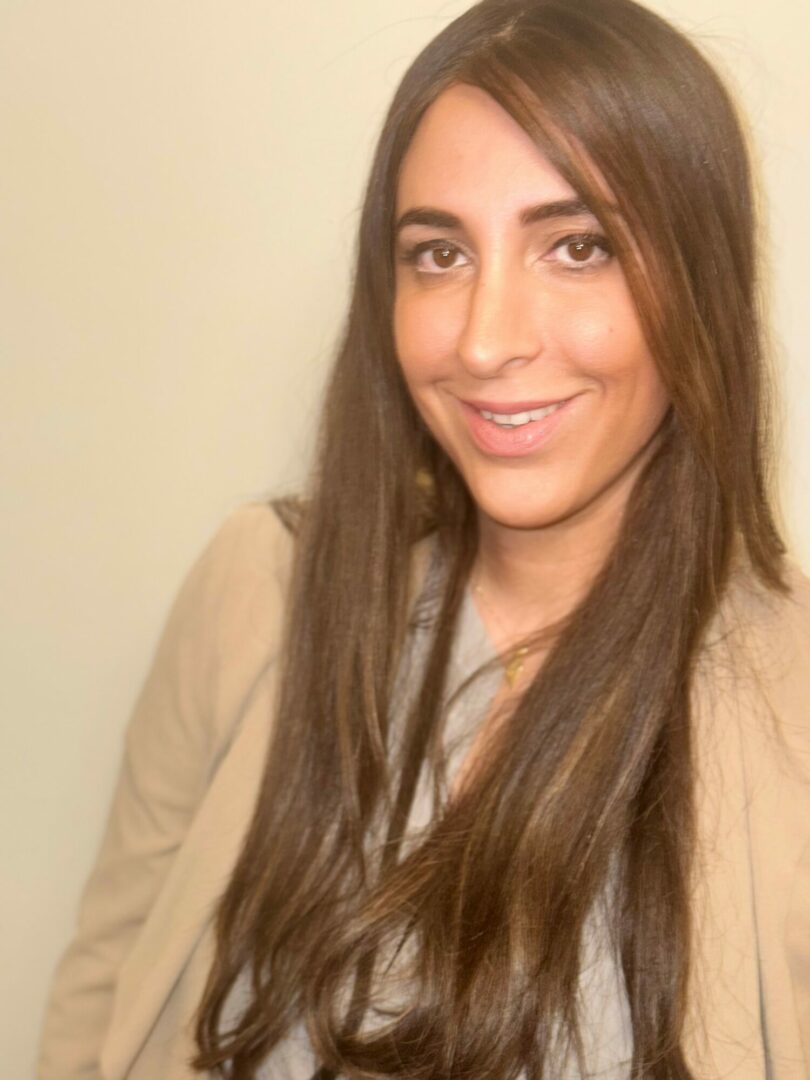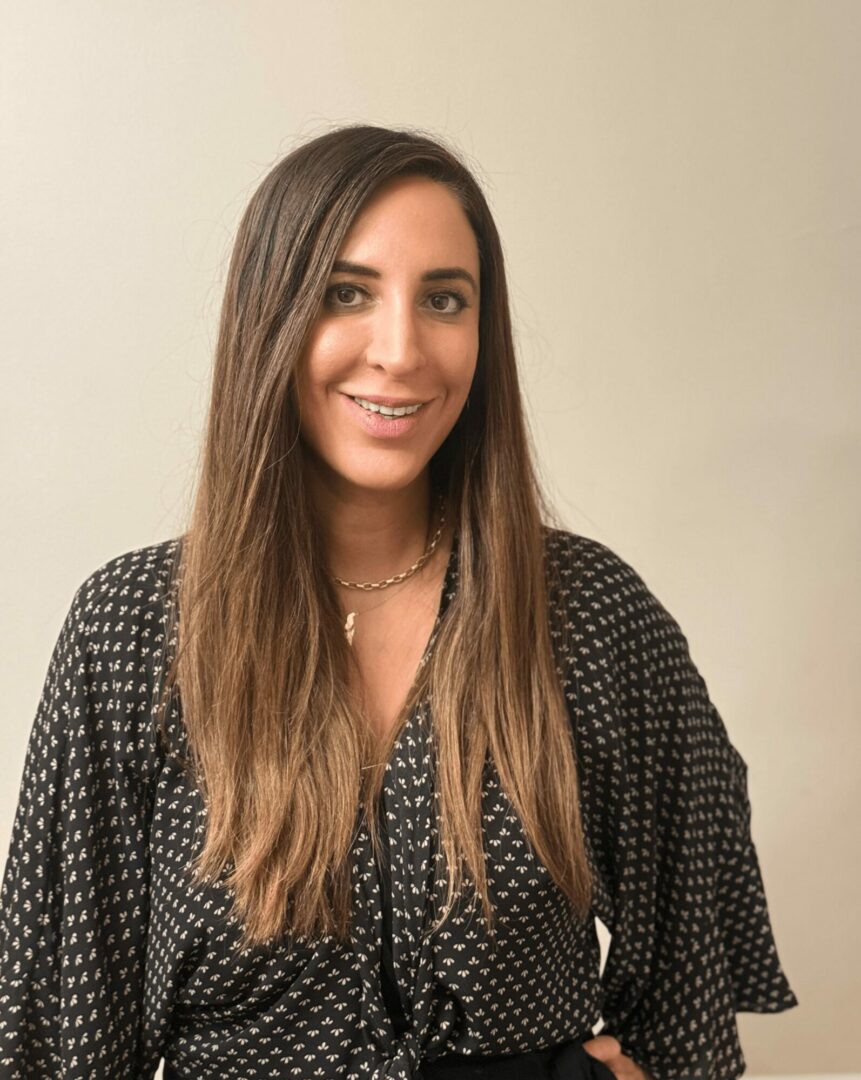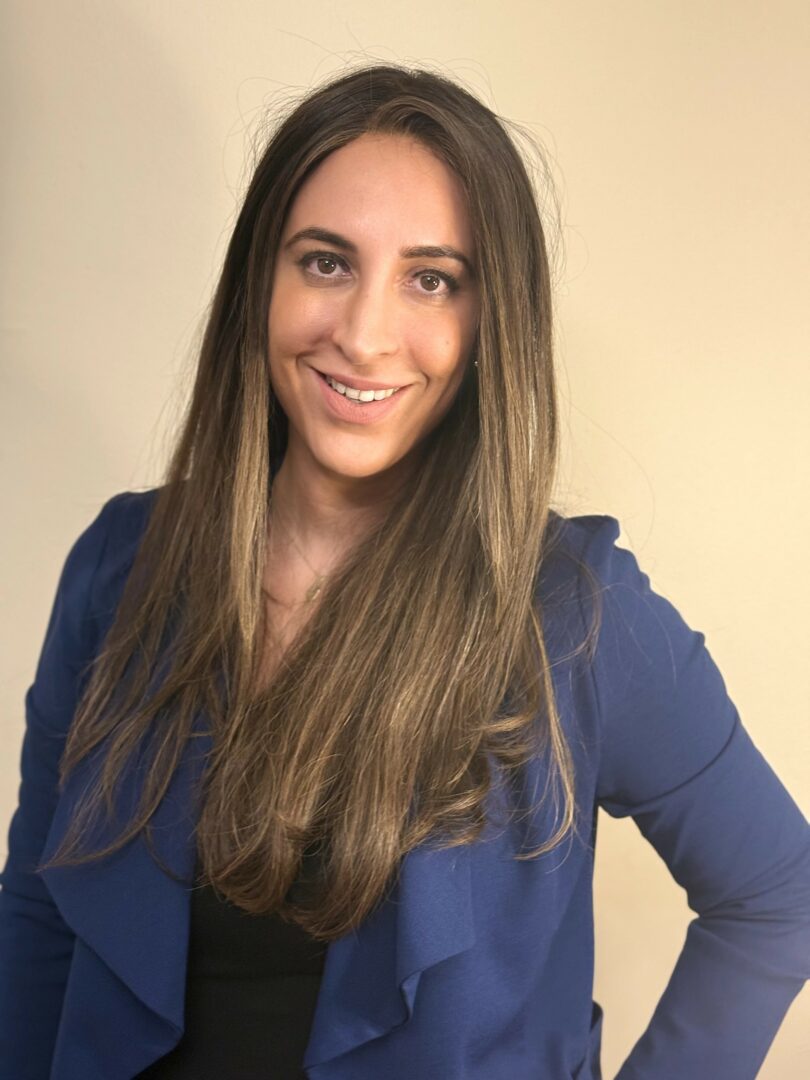Alright – so today we’ve got the honor of introducing you to Tina Besimanto. We think you’ll enjoy our conversation, we’ve shared it below.
Hi Tina , really happy you were able to join us today and we’re looking forward to sharing your story and insights with our readers. Let’s start with the heart of it all – purpose. How did you find your purpose?
For me, purpose came through connection. Early in my career, I realized that simply listening—really listening—to someone’s pain, fears, or hopes could be incredibly healing. As a therapist, I get to witness growth in real time. I’ve sat with people in their darkest moments, and I’ve seen how powerful it is when someone begins to believe in their ability to heal. That’s what gives my work meaning.
Over the years, my approach has evolved. I blend cognitive-behavioral tools and solution-focused techniques with a humanistic lens because I believe people aren’t problems to be fixed—they’re individuals to be understood. Being the Clinical Director at Clarity Therapy has deepened my sense of purpose. I not only support clients directly, but I also guide other therapists in creating spaces where people feel safe, seen, and supported. That’s what drives me every day.

Appreciate the insights and wisdom. Before we dig deeper and ask you about the skills that matter and more, maybe you can tell our readers about yourself?
At Clarity Family Therapy Services, we’re redefining what it means to make therapy accessible, inclusive, and truly client-centered. I’m the Clinical Director and founder, and I started this practice with one goal in mind: to make high-quality mental health care available to everyday people, not just those who can afford out-of-pocket rates.
What makes our group special is our deep commitment to community care. We are a diverse, female-led team of 15 therapists—and growing—who reflect the rich cultural fabric of Los Angeles. We serve clients of all backgrounds, including BIPOC, LGBTQ+, Middle Eastern, Latino, Asian, and immigrant communities. From trauma and anxiety to relationship struggles, our therapists bring specialized approaches, including EMDR, CBT, art therapy, and more.
The pandemic made it clear that mental health support must be both affordable and accessible. That’s why we’ve worked hard to get in-network with major insurance providers, including Medi-Cal plans like LA Care, ensuring that care isn’t a luxury—it’s a right. That decision has allowed us to grow, meet clients where they are, and provide culturally responsive, trauma-informed care both in person and via telehealth throughout California.
Right now, we’re focused on expanding our reach—bringing on more therapists, offering new services for kids and families, and building deeper partnerships with schools, rehab programs, and community providers. What I’d love for people to know is this: whether you’re struggling, healing, or just looking for someone to talk to, you don’t have to do it alone. We’re here, and we’re ready to help.
You can find us at www.clarityfts.com or follow us on Instagram @claritytherapy_ to stay connected.

There is so much advice out there about all the different skills and qualities folks need to develop in order to succeed in today’s highly competitive environment and often it can feel overwhelming. So, if we had to break it down to just the three that matter most, which three skills or qualities would you focus on?
Looking back, the three most important things that shaped my journey have been empathy, adaptability, and a strong understanding of systems and accessibility in mental health care.
1. Empathy
Empathy isn’t just a trait—it’s the foundation of meaningful therapeutic work. Being able to sit with someone’s pain, without judgment, and hold space for their experience is powerful. For anyone starting out, I’d say: don’t rush to “fix.” Learn how to really listen. Practice presence. The most healing moments in therapy often come from simply being there in a grounded and compassionate way.
2. Adaptability
No two clients are the same, and no two therapists are either. I’ve learned to adapt my approach depending on what someone needs—whether it’s CBT techniques, a solution-focused lens, or simply human connection. Early-career therapists should stay curious. Keep learning, try different modalities, and don’t be afraid to evolve. Flexibility is what allows us to meet clients where they are.
3. Knowledge of Access & Systems
Understanding the business and insurance side of therapy has been just as critical as clinical work. Many amazing therapists burn out because they’re overwhelmed by the logistics. Knowing how to navigate insurance systems, billing, and policy has allowed me to expand care to those who need it most. If you’re just starting out, take time to learn about how therapy access actually works—from insurance networks to state mental health policies. It will empower you to serve more people and advocate for your clients in meaningful ways.
My biggest advice? Stay grounded in your purpose, stay humble in your learning, and never forget that therapy is about connection above all else.

One of our goals is to help like-minded folks with similar goals connect and so before we go we want to ask if you are looking to partner or collab with others – and if so, what would make the ideal collaborator or partner?
Yes, we’re actively looking to collaborate with like-minded professionals and organizations who are committed to holistic and accessible mental health care. We’re especially interested in building strong referral relationships with:
IOP, PHP, and Residential Treatment Programs
Primary Care Physicians, Psychiatrists, and Pediatricians
Schools, Universities, and Academic Counseling Centers
Dietitians and Nutritionists
Occupational Therapists and Physical Therapists
Community Centers and Nonprofits
Addiction Recovery Programs and Sober Living Homes
Faith-Based Organizations and Spiritual Counselors
Reproductive Health Clinics and OB-GYNs
Legal professionals (especially those working with family, immigration, or juvenile law)
We believe in a collaborative care model—working together to support the whole person, not just the symptom. Whether it’s supporting students in crisis, helping clients transition from higher levels of care, or coordinating care for complex mental health needs, we’re committed to showing up for our community.
If you’re reading this and think we may be aligned, please don’t hesitate to reach out. You can contact us through our website at www.clarityfts.com, email us directly via our contact form, or connect with us on Instagram at @claritytherapy_. We’d love to explore how we can support one another.
Contact Info:
- Website: https://www.clarityfts.com/
- Instagram: https://www.instagram.com/claritytherapy_/
- Facebook: https://www.facebook.com/clarityfts
- Linkedin: https://www.linkedin.com/company/clarity-family-therapy-services
- Yelp: https://www.yelp.com/biz/clarity-family-therapy-services-los-angeles

so if you or someone you know deserves recognition please let us know here.




